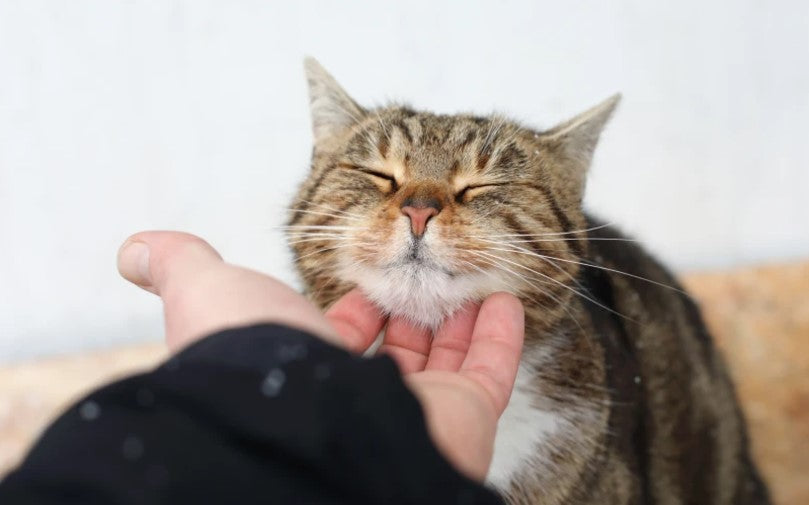
Why Do Cats Purr? Exploring the Mystery Behind the Soothing Sound
If you’ve ever curled up with a cat, you’ve likely experienced the gentle, rhythmic sound of purring. It’s one of the most recognizable and comforting sounds a cat makes, but have you ever wondered why they purr in the first place? Let’s delve into the fascinating world of feline communication and physiology to uncover the reasons behind this enchanting behavior.
1. A Sign of Contentment
The most common association with purring is that it signals a happy and relaxed cat. When your furry friend curls up beside you and starts purring, it’s often a sign they feel safe and content. This behavior likely originates from kittenhood, as newborn kittens purr to communicate with their mothers during nursing.
2. Self-Soothing Mechanism
Purring isn’t always about expressing joy. Cats also purr when they’re stressed, frightened, or in pain. This might seem contradictory, but experts believe that purring helps cats calm themselves. It acts as a self-soothing mechanism, similar to how humans might hum or take deep breaths when anxious.
3. Healing Properties
One of the most intriguing theories about purring is its potential health benefits. The frequency of a cat’s purr (typically between 25 and 150 Hertz) has been shown to promote healing and reduce inflammation. These frequencies can help:
-
Stimulate bone growth and repair: Some studies suggest that purring vibrations can aid bone regeneration and healing.
-
Relieve pain: Purring may release endorphins, the body’s natural painkillers.
-
Improve respiratory health: The rhythmic nature of purring can help a cat breathe more easily, especially when under stress.
This might explain why cats often purr when recovering from illness or injury.
4. Communication with Humans
Cats have a unique way of communicating with their humans through purring. They may purr to get your attention, particularly when they’re hungry or seeking affection. Interestingly, the purring sound they use around humans often has a different frequency than the one they use when interacting with other cats. Some researchers even suggest that cats have evolved their purrs to be particularly appealing to human ears!
5. Bonding with Other Cats
In multi-cat households, purring can play a role in social bonding. Mother cats purr to comfort their kittens, and adult cats may purr to signal peaceful intentions to one another. It’s a way of saying, “I’m not a threat; we’re safe here.”
6. Why Do Some Cats Purr More Than Others?
Not all cats purr with the same frequency or intensity. Breed, personality, and even upbringing can influence a cat’s purring habits. Some breeds, like Siamese or Oriental cats, are known for being more vocal and might purr more often, while others may be quieter by nature.
Conclusion: More Than Just a Sound
Purring is one of the most fascinating behaviors in the feline world. It’s a versatile tool for communication, self-healing, and bonding. Understanding why cats purr deepens our connection with these mysterious creatures and reminds us of the complex inner lives they lead.
So, the next time your cat purrs, take a moment to appreciate the many layers of meaning behind that soothing sound. Whether they’re expressing contentment, seeking comfort, or even healing themselves, your cat’s purr is a reminder of the unique bond you share.


0 comments